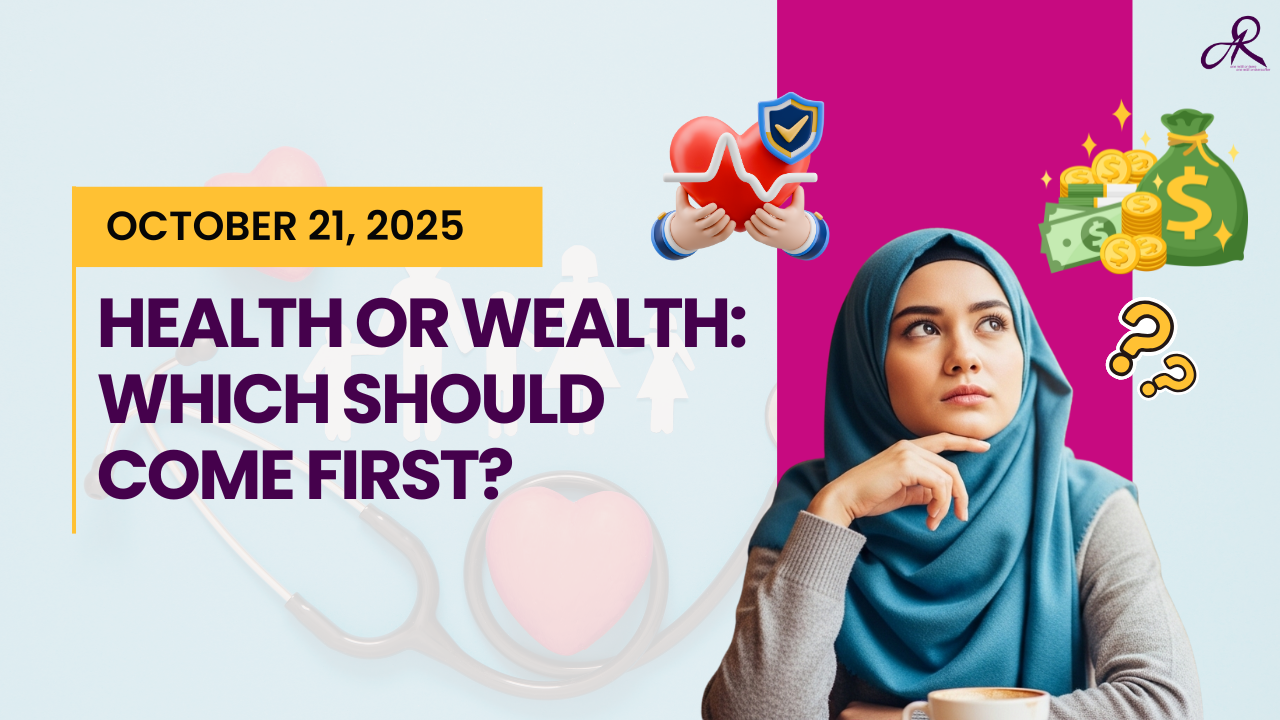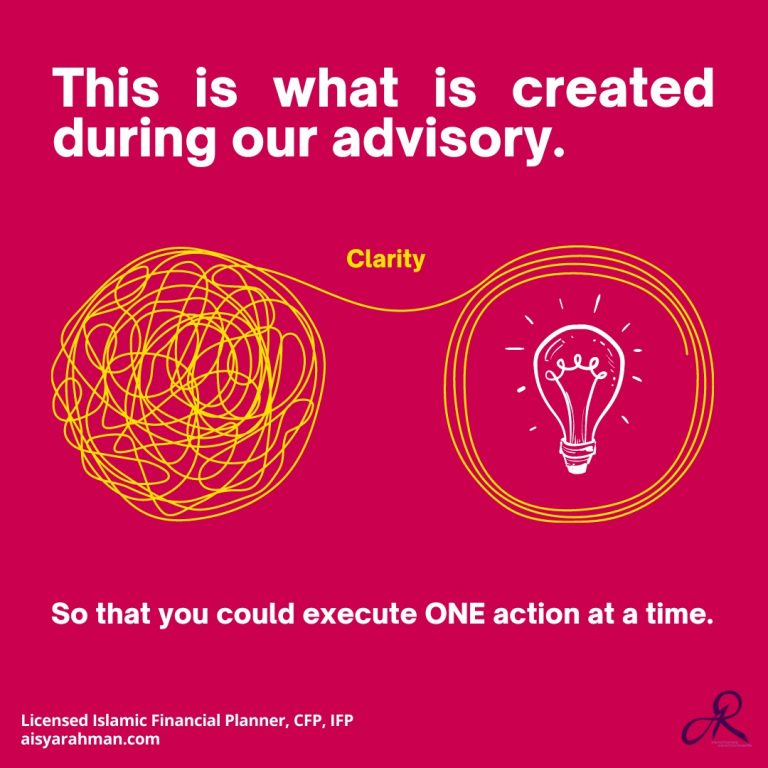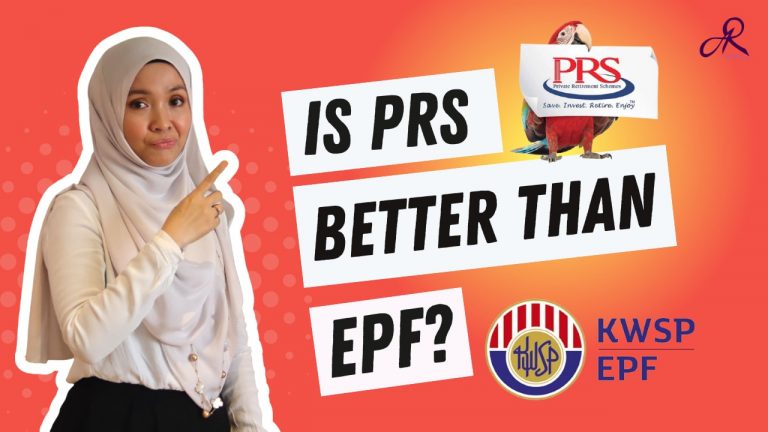Life is full of crossroads. Some decisions seem simple at first but carry long-term consequences.
One such question many of us face is: “Health or wealth—should I start taking care of my health seriously, or just terminate my current plan and start fresh?”
While it may sound like a personal health issue, the truth is that choices around health often intertwine closely with finances.
How we invest in our health today can significantly impact our wealth tomorrow.
Health and Wealth: Two Sides of the Same Coin
When we think about financial planning, we often focus on budgeting, investing, and saving for the future. Rarely do we pause to consider how health plays a role in building and protecting wealth.
Chronic illnesses, frequent medical visits, or lifestyle-related conditions can drain your finances just as quickly as poor investment decisions.
For example, skipping preventive care or ignoring health warning signs may save money in the short term, but over time, this neglect can impact both health and wealth through costly medical bills, lost income, and reduced productivity.
On the other hand, investing in your health—through regular checkups, proper nutrition, and exercise—is like investing in a diversified portfolio: the returns compound over time, benefiting both your energy levels and your financial stability.
When to Recommit to Your Health
The question of health or wealth often comes down to how you prioritise small, consistent choices. Taking care of your health doesn’t always mean expensive gym memberships or rigid diets. Intentional, manageable choices can yield significant benefits for both health or wealth.
Consider these examples:
-
Preventive Health Care: Regular screenings, vaccinations, and checkups may seem like an expense, but they prevent more costly treatments in the future. Think of it as paying insurance premiums for your body.
-
Active Lifestyle: Walking, cycling, or home workouts cost little but improve your physical and mental health, reducing long-term medical expenses.
-
Nutrition: Choosing healthier meals may cost slightly more upfront, but it reduces risks of chronic diseases such as diabetes, heart disease, or obesity—conditions that are expensive to manage.
Recommitting to your health is not a cost. It’s an investment.
Like financial planning, maintaining your health requires patience, consistency, and monitoring.
A small, regular commitment to wellness can prevent major setbacks in both your body and your bank account.
When Termination Might Be Necessary
Just as some financial plans may fail due to poor design or unrealistic expectations, some health plans may not work for you. Sticking to a routine that doesn’t suit your lifestyle can lead to frustration, wasted money, and discouragement.
Signs it might be time to terminate your plan include:
-
Unsustainable Practices: Overly strict diets, expensive fitness programs, or extreme routines that you can’t maintain.
-
Negative Impact: If a plan stresses you out mentally or physically, it can affect productivity and even work performance, indirectly impacting finances.
-
Lack of Results: Continuing a plan that consistently fails to deliver results wastes both time and money.
Terminating a plan doesn’t mean giving up. It means reallocating resources, time, and energy toward strategies that actually work.
Just like rebalancing an investment portfolio, it’s a way to protect both health and wealth.
Combining Health and Financial Wisdom
The ideal approach often lies in balance. Instead of thinking “health or wealth,” consider integrating both.
Keep the elements of your plan that work, discard the ineffective parts, and adjust for your lifestyle.
-
Budget-Friendly Fitness: You don’t need a luxury gym; bodyweight exercises, running, or yoga at home can be highly effective.
-
Smart Nutrition: Meal prepping and buying seasonal produce can save money while improving health.
-
Preventive Care: Even minimal investment in preventive care—like a basic health check or insurance—protects your finances from future shocks.
Long-Term Perspective: Health as a Financial Asset
Just as financial planners urge clients to think long-term, health decisions should also be viewed as a long-term investment. The costs of neglect—medical bills, loss of income, or diminished quality of life—are far higher than the short-term effort or expenses required to stay healthy.
By taking care of your body now, you are essentially “saving” for the future. A healthy lifestyle supports consistent income, reduces financial strain from medical emergencies, and improves your ability to enjoy life’s opportunities fully. In other words, good health amplifies the returns of financial planning.
Conclusion
The question, “Health or wealth?” is not just about a single decision. It’s about understanding how deeply connected they are.
Neglecting one often impacts the other, while intentional care of both can lead to long-term stability and growth.
Whether you recommit to your health plan with adjustments or terminate what isn’t working, the key is intentional action. Just as you wouldn’t ignore a failing investment, you shouldn’t ignore your body. Investing in health today safeguards your financial future, enhances your quality of life, and gives you the energy to pursue your goals.
Health is wealth and taking control now ensures that both your body and finances thrive for years to come.
Take Action: Learn More About Health and Wealth
Want to take control of your health and wealth? You may not be able to change the start of your financial journey, but you can create a better ending. Begin by learning, growing, and surrounding yourself with a supportive community of women who truly understand your goals.
29 November 2025 – Women & Wealth Mastery (Kuala Lumpur)
A full-day experience where you’ll learn practical strategies to manage finances, stop overspending, and start building real wealth—while understanding how your health impacts your financial success.
Click here to join: womenwealthworkshop.com.my
Want to learn more about financial literacy?
Download our free eBook here to get started on your financial journey!
Together, we are unstoppable. With the right support, knowledge, and mindset, every woman has the power to take control of her financial future. Let’s continue building a community where women thrive, achieve financial freedom, and create the lives they deserve.








